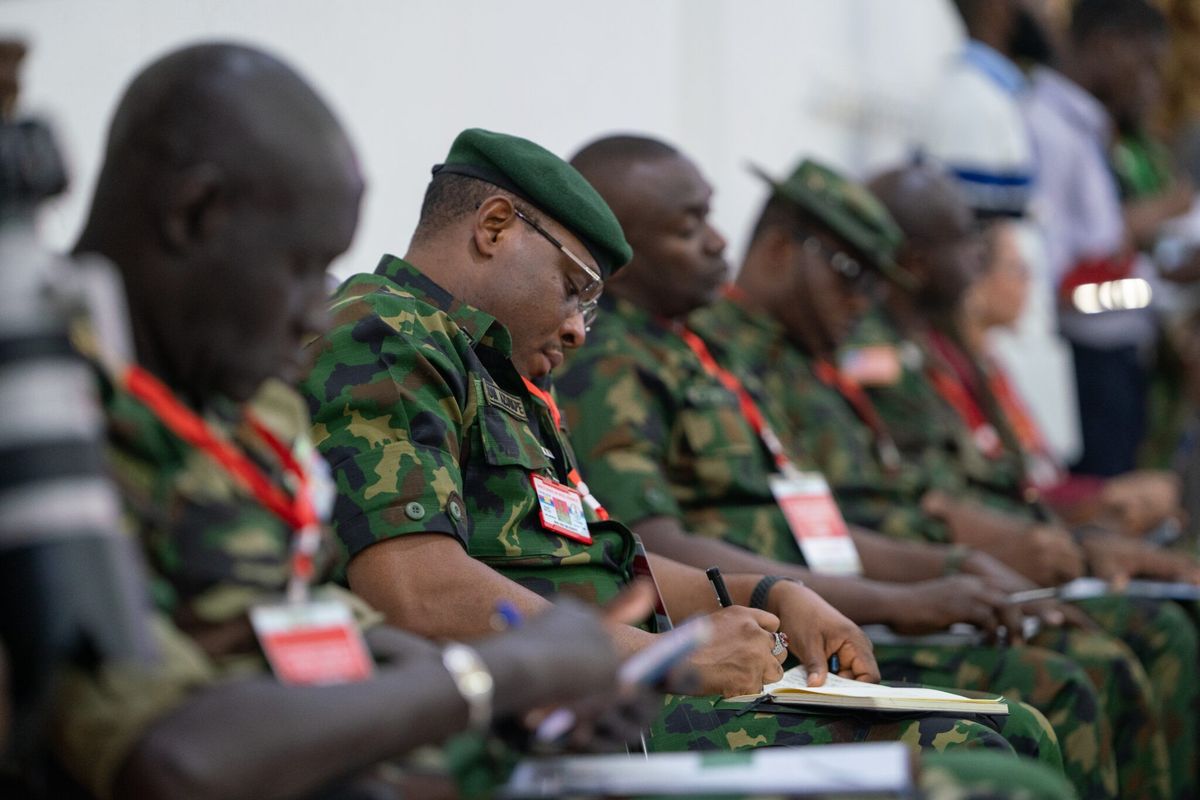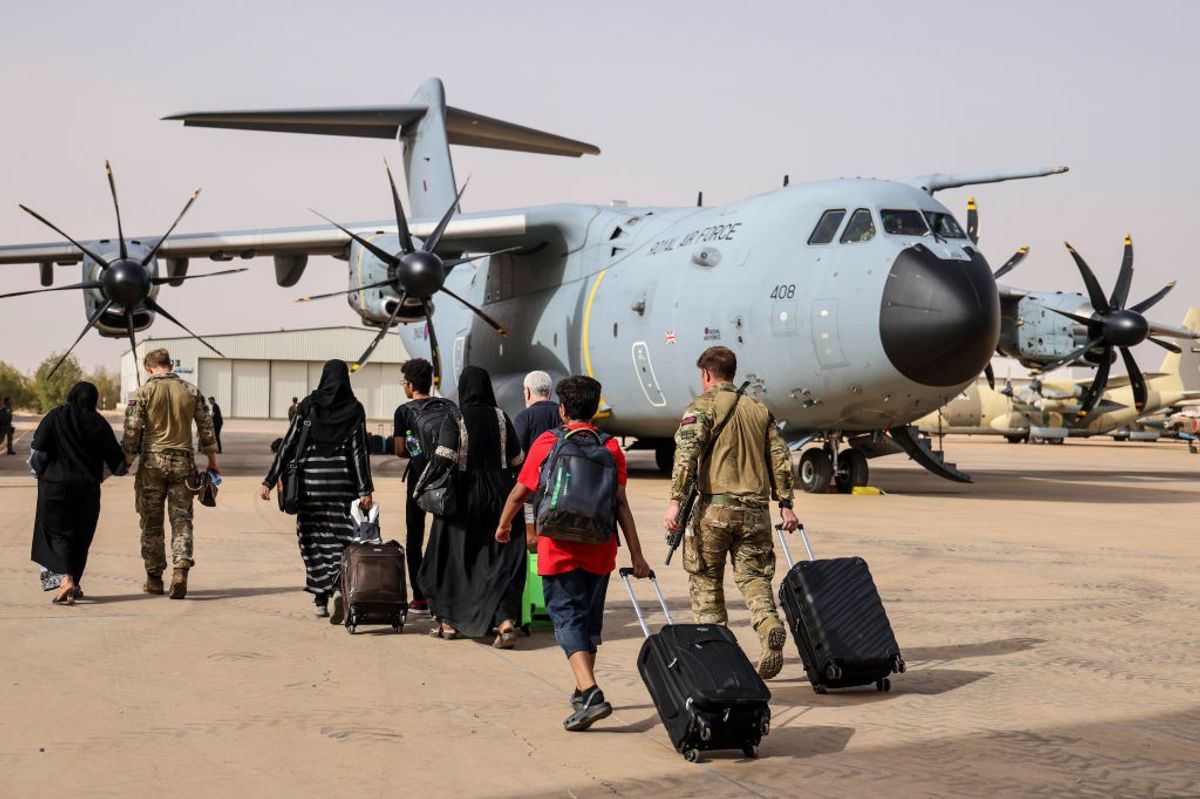In an interview with The Cipher Brief, Dr. Josh Michaud, an expert on global health policy for the Kaiser Family Foundation, discussed the lessons learned from how the Ebola outbreak has been managed – and mismanaged. He said there is an “effective prevention tool” for combatting future pandemics.
The Cipher Brief: How would you assess the U.S. response to the Ebola outbreak last year? Was the U.S. prepared to deal with such an outbreak in Africa and mitigate the threat to the homeland?
Josh Michaud: The fact that the Ebola outbreak grew to the size it did last year points to a critical failure of the international system for detecting and responding to emerging health threats. The U.S. plays an important role in this system, but is certainly not the only actor. Almost all actors in this system, from local governments to international institutions such as, the World Health Organization, to donor countries like the U.S., partly share the blame for what was initially a very slow response to the emerging Ebola threat. This was partially due to the extremely weak health systems present in the most affected countries, and highlights the ongoing health security threat represented by poor public health capacity worldwide. It is important to note, however, that once international support and attention began to mobilize, the response was more effective. The U.S., in particular, played a key role in assisting the affected communities and countries bend the epidemic curve and preventing the outbreak from getting even worse.
TCB: How did the U.S. government work with the private sector to develop a response? Was this model successful and how can the public and private sectors work together in preparing for another outbreak?
JM: The U.S. and its partners sought to implement a “whole of society” response that incorporated the public and private sectors. This manifested itself in a number of ways, from the U.S. and other governments partnering with biotechnology companies to help quickly identify and develop promising diagnostics, therapeutics, and vaccines, to the U.S. and others engaging with local civil society and non-governmental organizations to design and disseminate effective prevention messaging. The public sector alone was not in a position to deliver all the services and interventions required by itself; therefore, in this response, the private sector played a key role to complement public efforts. This is certainly a model that could help inform other responses, and the lessons drawn from Ebola– both what works and what does not work – can go a long way to bolster future outbreak prevention and response efforts.
TCB: What is the major lesson that we learned from the global response to Ebola that can help us prepare for a future pandemic? Is the right infrastructure in place to deal with a similar crisis?
JM: If there is one lesson to be learned, it is that there is no substitute for building and maintaining basic public health infrastructure in every country around the world. That is the only truly effective prevention tool for early detection and effective response to future outbreaks. Therefore, the U.S. would be contributing to its own security, as well as the security of all countries, by working with its partners to build public health systems in countries where such systems are currently very weak. Efforts are underway to do just that, but it takes time, effort, and sustained political support and funding to be successful.













